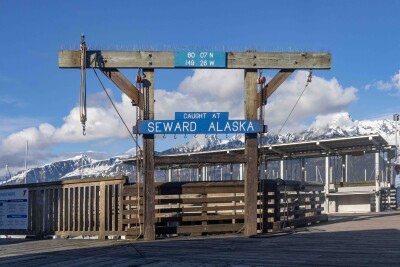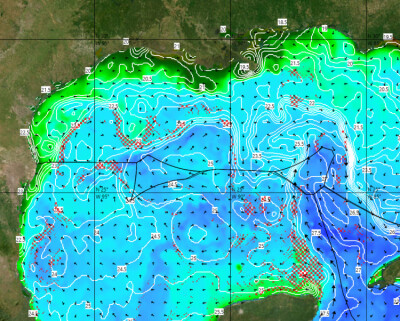Juneau, Alaska - The behavior of pollock fishermen may yield insights about the effects of climate change on fishing operations, according to preliminary findings of a University of Alaska Fairbanks student researcher.
Changes in the ocean and its resources have dramatic implications for communities and economies that rely on them. Jordan Watson, a PhD student at the UAF School of Fisheries and Ocean Sciences, is studying how Alaska’s commercial pollock industry is responding to changes in the ocean. The results may be used to consider how fisheries policies and regulations can increase the capacity of fishing operations to respond to change.
Watson’s adviser, SFOS professor Franz Mueter, explains, “Essentially he’s trying to model the behavior of fishermen similar to the way people model the behavior of predators in an environment.”
Watson, Mueter and Alan Haynie of the Alaska Fisheries Science Center are looking at vessel locations, observer data and fish landings to consider how fishing trips vary based on environmental conditions and fish numbers.






